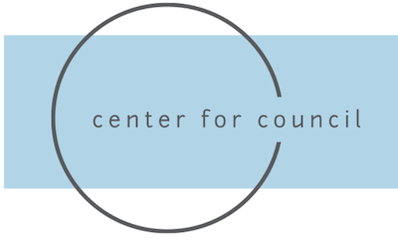
The Law Enforcement Mental Health and Wellness Act (LEMWHA) grant is a valuable resource for law enforcement agencies nationwide that are looking to support the mental health and well-being of their officers. The grant can be used to fund a wide range of initiatives, including programs to promote resilience, training on stress management, and the provision of mental health services. The POWER Training Program is one example of a program designed to address all of these priorities. Here are some other good ways for law enforcement agencies to utilize LEMWHA grant funds:
Peer support programs Peer support programs provide officers with access to emotional support and assistance from their colleagues. These programs can be particularly helpful for officers who may be hesitant to seek help from traditional mental health services. The LEMWHA grant can be used to fund the development and implementation of peer support programs, including training for peer support teams. Mental health training Mental health training is an essential component of supporting the well-being of law enforcement officers. The LEMWHA grant can be used to fund training programs on stress management, resilience, and mental health awareness. These programs can help officers better understand the impact of their work on their mental health and equip them with the tools to manage stress and build resilience. Crisis intervention teams Crisis intervention teams are designed to provide officers with immediate access to mental health services when they need it. These teams can help prevent the escalation of mental health crises and provide officers with the support they need to recover. The LEMWHA grant can be used to fund the development and implementation of crisis intervention teams. Mental health services The LEMWHA grant can also be used to fund mental health services for law enforcement officers. This can include counseling, therapy, and other forms of treatment. Providing officers with access to mental health services can help to address mental health issues before they become more severe and impact an officer’s ability to perform their job. Research and data collection Research on the mental health needs of law enforcement officers is essential for developing effective mental health and wellness programs. The LEMWHA grant can be used to fund research on the mental health needs of law enforcement officers and the effectiveness of different support programs. Data collection can also help agencies to identify trends and better understand the mental health needs of their officers. Peace Officer Wellness, Empathy & Resilience (POWER) Training Program The POWER Training Program is a nationally certified training protocol that has a powerful positive impact on officer wellness, as well as morale and engagement. In addition to improving health outcomes, POWER is designed to enhance communication skills and relationality, which are fundamental elements of procedural justice and are critical to improving interactions with communities served. The POWER Program has been designed and constructed by Center for Council to incorporate the newest innovations in mindfulness science, communication skills and effective neurobiological interventions. It has been recognized and certified by C-POST in California, and by IADLEST, nationally. No other organization offers or has access to the POWER curriculum. Find out more about POWER at c4c.link/power-training. The LEMWHA grant is a valuable resource for law enforcement agencies looking to support the mental health and well-being of their officers. By funding initiatives such as peer support programs, mental health training, crisis intervention teams, mental health services, research and data collection, and the POWER program, law enforcement agencies can better support their officers and promote resilience in the face of the challenges of their job. It is essential that law enforcement agencies take advantage of this important grant to promote the well-being of their officers.
0 Comments
Leave a Reply. |
Categories
All
Archives
March 2024
|
|
|
About |
|

 RSS Feed
RSS Feed
